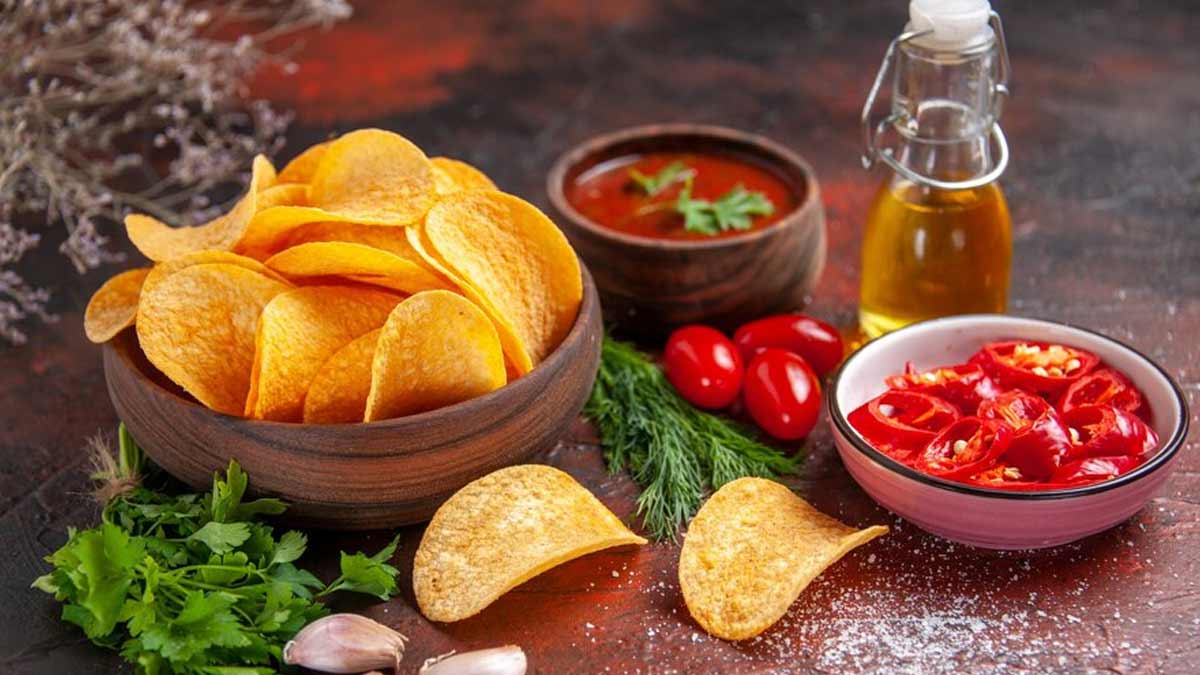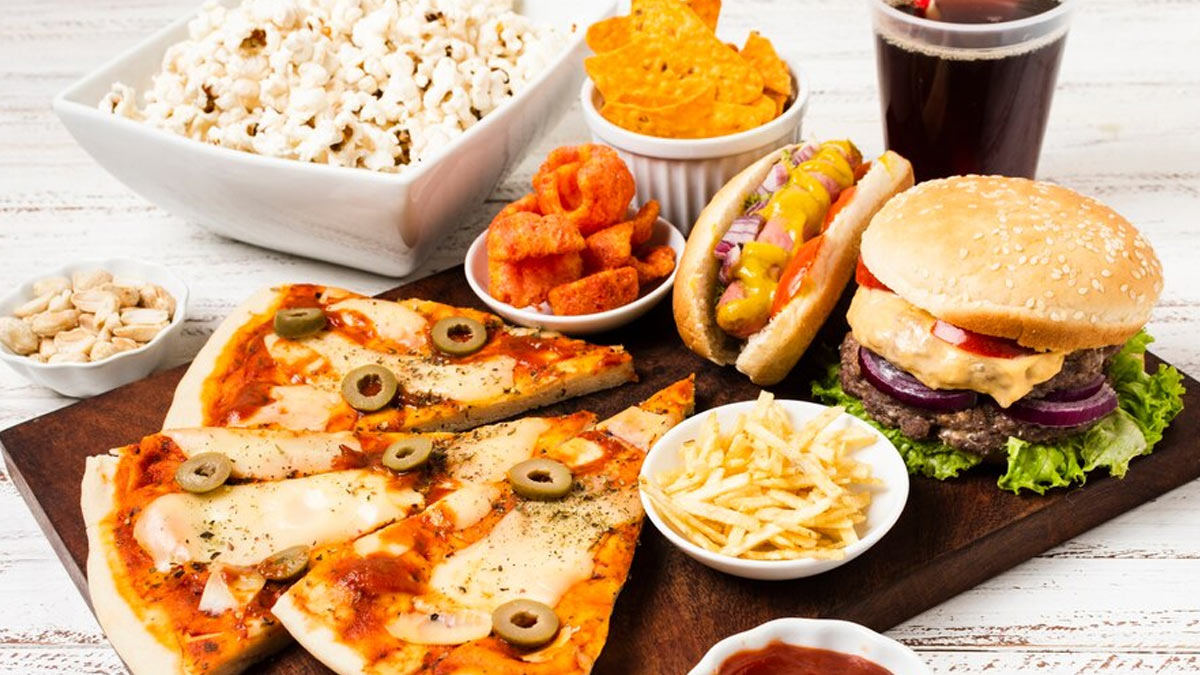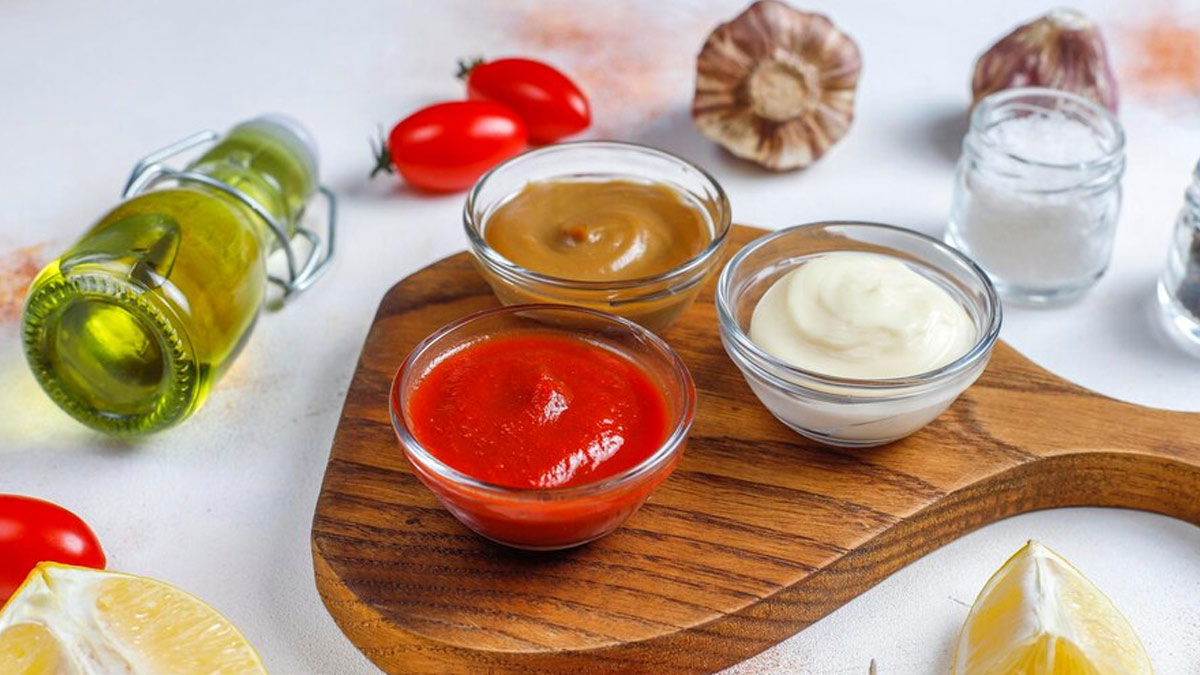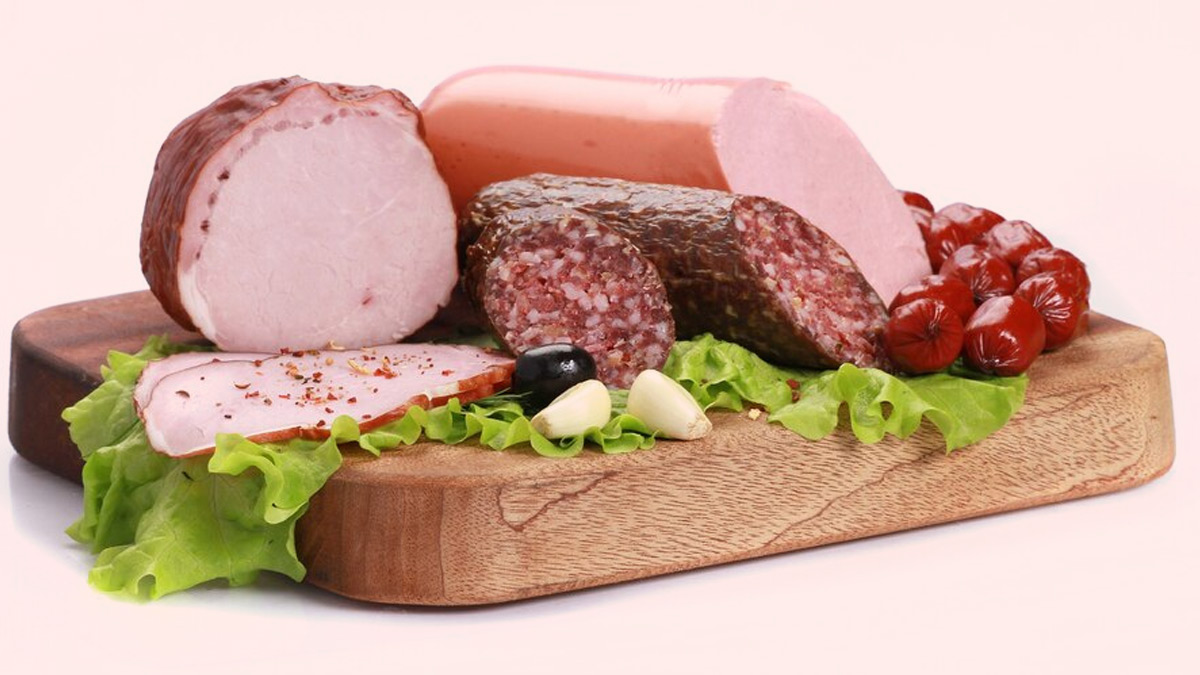
Salt is a primary source of taste and flavour in most Indian cuisines. But unfortunately, too much salt intake contributes to an estimated 18.9 lakh deaths each year, as per the World Health Organization (WHO).
Table of Content:-
Speaking with the OnlyMyHealth team, Dr Dixit Garg, Consultant Interventional-Cardiology, Manipal Hospital, Gurugram, linked excess salt intake to increased high blood pressure risk. This is due to the role of sodium, a mineral that helps regulate fluid balance and blood pressure in the body, he shared.
Also Read: Excess Salt Consumption: What Happens When You Eat Too Much Salt
According to him, excess salt consumption can lead to excess sodium in the bloodstream, wherein the body works harder to maintain balance by holding onto water. This water retention then contributes to a higher blood volume, which puts extra pressure on the walls of the blood vessels, consequently leading to elevated blood pressure.
While most of us understand the importance of steering clear of foods high in salt, many still fail to recognise the less-obvious sources of sodium. Here’s a list that can help you.
Fast Foods

Indulging in fast food might seem convenient, but it can have a hidden cost for your health, particularly your heart.
Many fast food items like burgers, fries, and pizzas are loaded with sodium, often exceeding the recommended daily intake in a single serving. The American Heart Association (AHA) recommends no more than 2,300 milligrams (mg) a day and an ideal limit of no more than 1,500 mg per day for most adults, especially for those with high blood pressure.
As per the US health body, even cutting back by 1,000 mg a day can improve blood pressure and heart health.
Packaged Snacks
It is not unlikely to have a late-night craving or to want something to munch on during short evening tea breaks. During such hours, packaged snacks are the easiest to get our hands on. However, they can be a sneaky source of excessive sodium.
Popular snacks like chips, pretzels, and instant noodles often pack a hefty amount of salt, which can lead to water retention. This in turn puts extra pressure on your heart, forcing it to work harder to circulate the blood. Over time, this persistent strain from the high sodium can lead to high blood pressure (hypertension), a major risk factor for serious health issues like heart disease, stroke, and even kidney problems.
Condiments

Did you know that condiments, such as ketchup, hot sauce, soy sauce, and salad dressings, possess high amounts of sugar or sodium in them? In fact, just one tablespoon provides more than half of the daily 1,500 mg of sodium the AHA recommends.
Canned Soups
There are a variety of canned soup options on the market that are easy to buy and consume. However, they all contain high amounts of sodium, which can impact your blood pressure levels.
According to the US Department of Agriculture (USDA), a typical can of tomato soup contains 1,110 mg of sodium, while a can of chicken vegetable soup can reach up to 2,140 mg.
Also Read: Ultra Processed Food: Here Are Some Health Risks Associated With It
Processed Meat

Protein is a great source of energy and one of the essential macronutrients. However, if you indulge in quick proteins or processed meats like bacon, sausages, hot dogs, and deli slices, they can backfire and significantly impact your heart health.
Processed meats are a high source of salt, which can impact your blood pressure levels.
A 2010 study published in the journal Circulation found that processed meat consumption was associated with an increased risk of both heart disease and diabetes. To be precise, it was found that eating about 50 grams of processed meat daily led to a significantly increased risk of developing heart disease by 42% and diabetes by 19%.
Conclusion
It is important to be mindful of hidden sodium sources, which may seem convenient. This includes processed meats, canned soups, fast food, packaged snacks, and condiments, which can contribute to elevated sodium levels. By staying vigilant about these sources and making informed dietary choices, individuals can take proactive steps towards managing their salt intake and promoting overall cardiovascular well-being.
Also watch this video
How we keep this article up to date:
We work with experts and keep a close eye on the latest in health and wellness. Whenever there is a new research or helpful information, we update our articles with accurate and useful advice.
Current Version